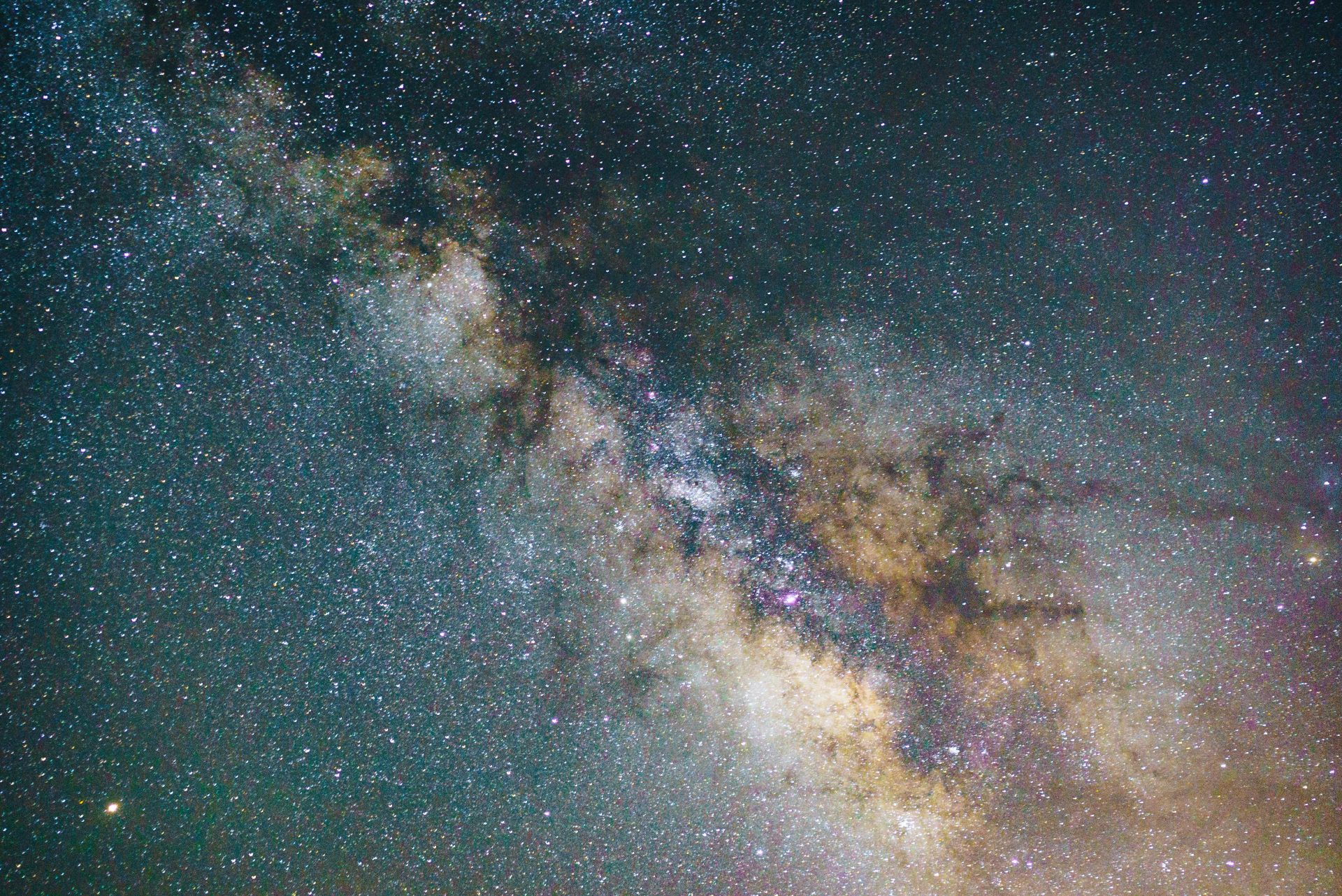Life Beyond Earthly Existence: What Lies Ahead?

Before diving in, please note: This post is for informational purposes only. If you’d like to know more about how we approach topics, feel free to check out our friendly Disclaimer Page.
Hey there, amazing readers! 🖐️ Just a quick note: yes, we know there are a lot of ads here. Trust us, we get it—it’s not the prettiest look, but they help us keep this blog alive and kicking. Those pesky little ads cover the costs of all the behind-the-scenes magic, from hosting and tech stuff to creating content we hope you’ll love.
We’re committed to delivering quality posts, and your support (even just sticking around despite the ads) means everything to us. So, bear with us, and thanks for helping us keep the good vibes rolling. Now, on to the fun stuff! 😉
TRANSLATE BUTTON AT THE END OF THE ARTICLE
Introduction: Exploring the Possibility of Life Beyond Earth
The concept of life beyond Earth has captivated the human imagination for centuries.
From ancient civilizations speculating about otherworldly beings to modern scientists searching for microbial life on Mars, the quest to uncover the mysteries of the universe continues to drive exploration and research.
As technology advances and our understanding of the cosmos deepens, the possibility of discovering extraterrestrial life becomes increasingly plausible.
This article delves into the various avenues through which scientists are exploring the existence of life beyond our earthly confines and what lies ahead in the realm of space exploration.
The Search for Extraterrestrial Intelligence (SETI)
The Search for Extraterrestrial Intelligence (SETI) is a scientific endeavor aimed at detecting signals from intelligent civilizations beyond Earth.
Using radio telescopes and other sophisticated equipment, researchers scan the skies for any sign of communication from extraterrestrial beings.
While the search has yet to yield definitive proof of alien contact, the sheer vastness of the universe and the number of potentially habitable planets make the pursuit of SETI a promising avenue for uncovering life beyond our planet.
Mars: A Promising Destination for Potential Life
Mars, often dubbed as Earth’s "sister planet," has long been a focal point in the search for extraterrestrial life.
With its similarities to Earth in terms of geology and past water presence, Mars presents a compelling case for hosting microbial life forms.
Recent missions like NASA’s Perseverance rover have uncovered evidence of ancient water channels and organic molecules on the red planet, further fueling speculation about the possibility of past or present life on Mars.
Exoplanets: Earth-Like Worlds in Other Star Systems
The discovery of exoplanets—planets orbiting stars outside our solar system—has opened up a vast frontier in the search for habitable worlds.
Some of these exoplanets, known as "Goldilocks planets," fall within the habitable zone of their host stars, where conditions are just right for liquid water to exist.
Scientists believe that these Earth-like exoplanets may harbor the building blocks of life and represent potential candidates for further exploration and investigation.
Enceladus and Europa: Moons with Potential for Life
Beyond planets, moons orbiting gas giants in our solar system also hold promise for hosting life.
Enceladus, a moon of Saturn, and Europa, a moon of Jupiter, are two celestial bodies that have captured the attention of scientists due to their subsurface oceans and geothermal activity.
These moons may harbor conditions conducive to microbial life, making them prime targets for future missions aimed at exploring their hidden depths.
The Role of Technological Advancements in Space Exploration
Advancements in technology have revolutionized the way we explore space and search for extraterrestrial life.
From robotic rovers to powerful telescopes, these tools enable scientists to gather data from distant worlds and analyze it with precision.
Innovations in artificial intelligence, machine learning, and data processing have also enhanced our ability to interpret complex astronomical data, pushing the boundaries of what we can discover about the universe.
Challenges of Interstellar Travel and Communication
While technological progress has brought us closer to the possibility of interstellar travel, significant challenges remain in traversing the vast distances of space.
The sheer enormity of the cosmos, coupled with the limitations of current propulsion systems, presents a formidable obstacle to reaching distant stars or exoplanets.
Communication across such vast distances also poses a challenge, with signals taking years or even centuries to reach their intended recipients, raising questions about the feasibility of interstellar contact.
Astrobiology: Studying the Origins of Life in the Universe
Astrobiology, the interdisciplinary field that explores the origins of life in the universe, plays a crucial role in our quest to understand extraterrestrial life.
By studying extremophiles on Earth—organisms that thrive in extreme environments—scientists gain insights into the potential habitats and adaptations of life forms elsewhere in the cosmos.
Astrobiologists investigate the chemical composition of celestial bodies, the presence of water, and the conditions necessary for life to arise, shedding light on the diversity of potential life forms beyond Earth.
The Fermi Paradox: Where Are All the Aliens?
The Fermi Paradox poses a thought-provoking question: if the universe is teeming with habitable planets and intelligent civilizations, why have we not yet detected any signs of extraterrestrial life?
Various theories attempt to explain this apparent contradiction, from the possibility of civilizations self-destructing to the idea that advanced alien beings may be avoiding contact with less developed species like us.
The Fermi Paradox underscores the complexity of the search for extraterrestrial intelligence and the enigmatic nature of our place in the universe.
Ethics of Contacting Extraterrestrial Civilizations
The prospect of making contact with extraterrestrial civilizations raises ethical considerations that extend beyond scientific inquiry.
Questions about the impact of human contact on alien societies, the preservation of their cultural heritage, and the potential risks of interstellar communication require careful deliberation.
Ethicists, scientists, and policymakers are engaged in ongoing discussions about the protocols and guidelines for interacting with extraterrestrial beings, ensuring that any contact is conducted in a manner that respects the autonomy and well-being of both parties.
The Impact of Discovering Life Beyond Earth
The discovery of life beyond Earth would have profound implications for our understanding of the universe and our place within it.
From reshaping our perspectives on the origins of life to inspiring new avenues of scientific research, the revelation of extraterrestrial life would mark a pivotal moment in human history.
Societal, cultural, and philosophical shifts would likely follow, as we grapple with the implications of encountering intelligent beings from other worlds and the profound questions that arise from such a momentous discovery.
Conclusion: Embracing the Unknown Future of Space Exploration
As we peer into the vast expanse of the cosmos, the possibilities for discovering life beyond Earth are as tantalizing as they are enigmatic.
The pursuit of exploring otherworldly realms, whether through SETI, missions to Mars and exoplanets, or investigations of moons like Enceladus and Europa, underscores our insatiable curiosity and boundless ambition as a species.
While the challenges of interstellar travel and communication loom large, advancements in technology and the relentless drive of scientific inquiry continue to propel us towards a future where the existence of extraterrestrial life may no longer be a question of "if," but "when." As we navigate the complexities of space exploration and delve deeper into the mysteries of the cosmos, we stand on the brink of a new era of discovery—one that promises to reshape our understanding of life, the universe, and everything in between.

The Enlightenment Journey is a remarkable collection of writings authored by a distinguished group of experts in the fields of spirituality, new age, and esoteric knowledge.
This anthology features a diverse assembly of well-experienced authors who bring their profound insights and credible perspectives to the forefront.
Each contributor possesses a wealth of knowledge and wisdom, making them authorities in their respective domains.
Together, they offer readers a transformative journey into the realms of spiritual growth, self-discovery, and esoteric enlightenment.
The Enlightenment Journey is a testament to the collective expertise of these luminaries, providing readers with a rich tapestry of ideas and information to illuminate their spiritual path.
Our Diverse Expertise 🌟
While our primary focus is on spirituality and esotericism, we are equally passionate about exploring a wide range of other topics and niches 🌍📚. Our experienced team is dedicated to delivering high-quality, informative content across various subjects ✨.
To ensure we provide the most accurate and valuable insights, we collaborate with trusted experts in their respective domains 🧑🏫👩🏫. This allows us to offer well-rounded perspectives and knowledge to our readers.
Our blog originally focused on spirituality and metaphysics, but we’ve since expanded to cover a wide range of niches. Don’t worry—we continue to publish a lot of articles on spirituality! Frequently visit our blog to explore our diverse content and stay tuned for more insightful reads.






